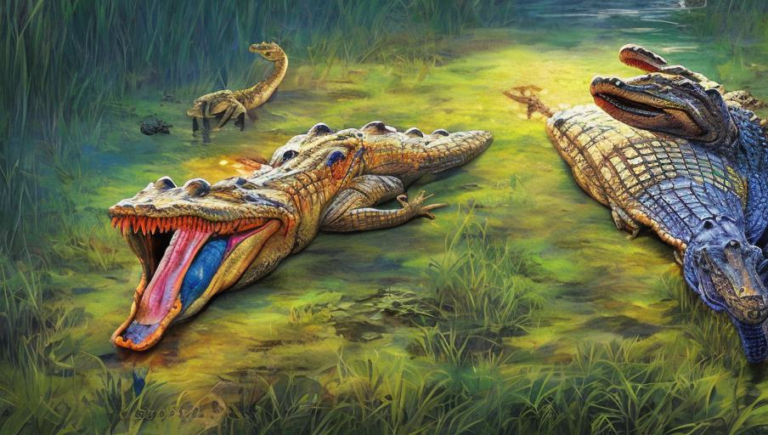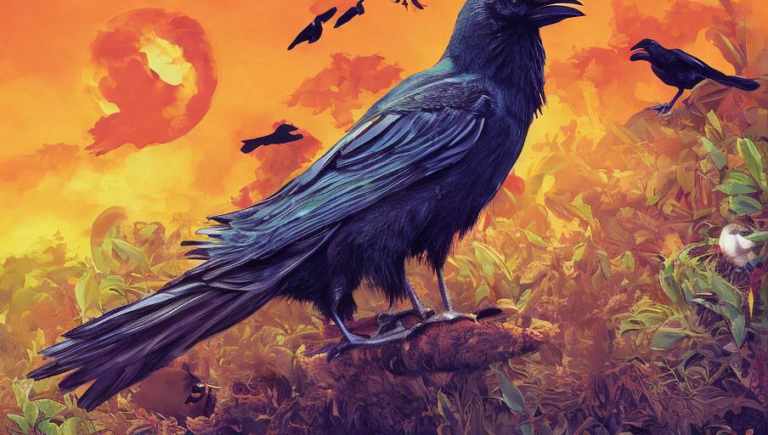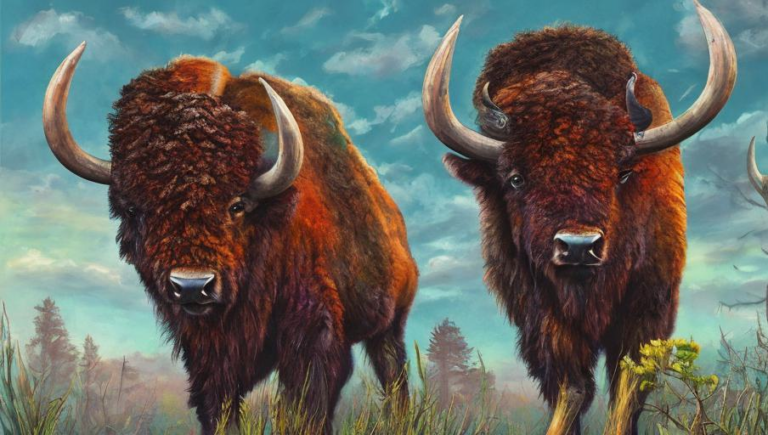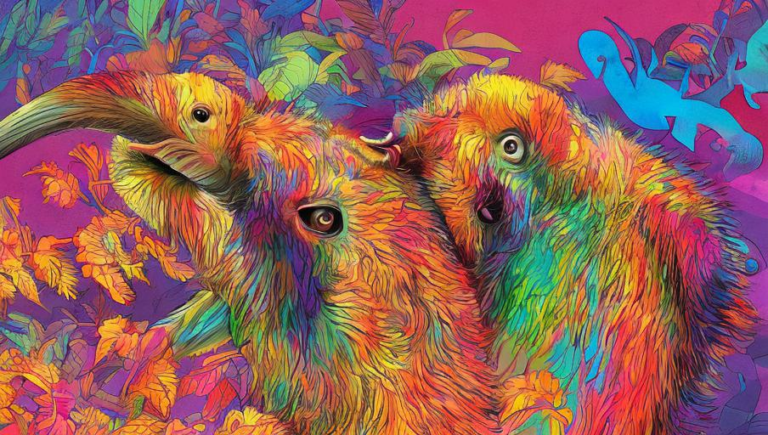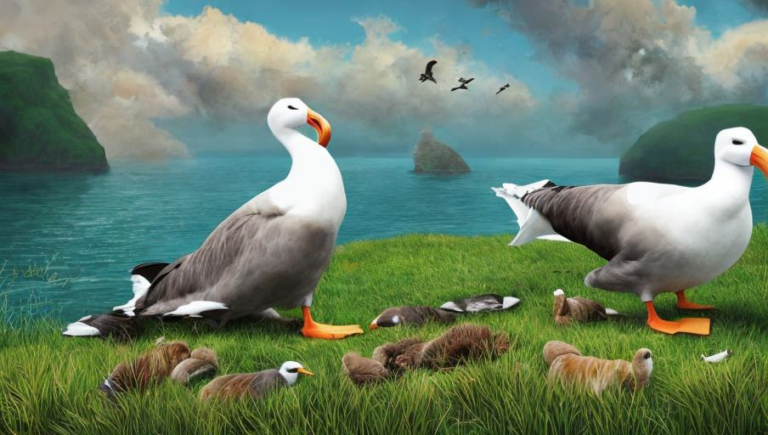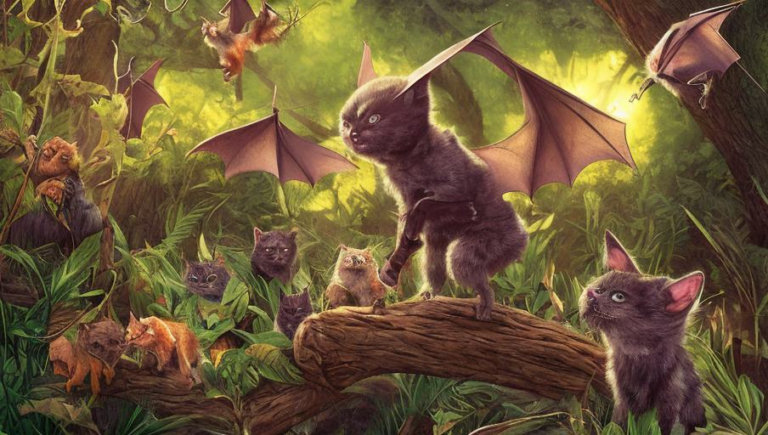Ancestry of the Donkey
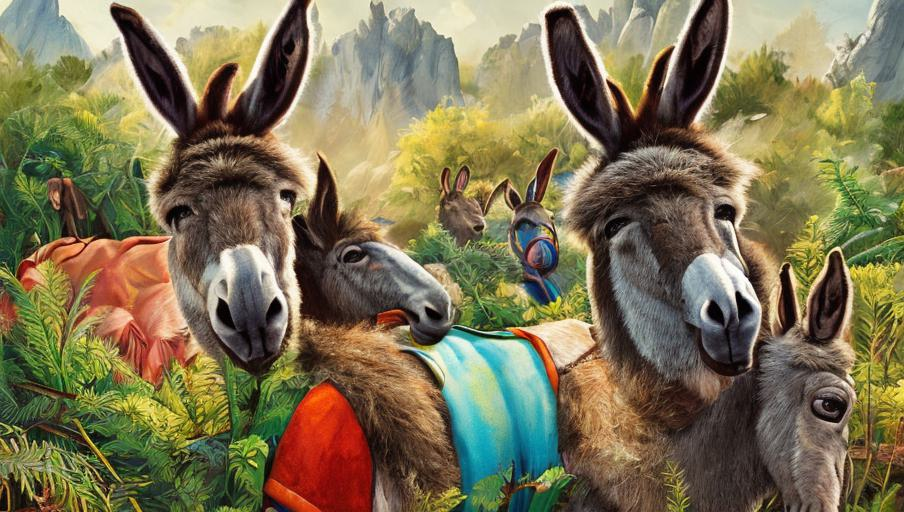
Introduction
The donkey, or Equus asinus, is a species of hoofed mammal that is native to Africa and Asia. Donkeys have been in use by humans for thousands of years, often as a form of transportation or to haul heavy loads. Donkeys are known for their intelligence, strong sense of self-preservation, and loyalty. But what is the ancestry of the donkey?
Wild Ancestors
The first wild ancestor of the donkey is Equus africanus, which is believed to have evolved from the African Wild Ass sometime around 4.5 million years ago. This species was the first of the genus Equus, which includes all of the equids, such as zebras, horses, and donkeys. Equus africanus was found in the North African region and was a relatively small animal, similar in size to a small pony. It had a grayish-brown coat and a darker striping pattern.
Domestication
The domestication of the donkey began around 3,000 BC when they were first used by humans as a form of transportation and to haul heavy loads. Donkeys were first introduced to the Mediterranean region from Egypt and quickly spread throughout Europe and the Middle East. By the 5th century BC, donkeys were being used for a variety of tasks, including plowing fields and carrying goods. By the 1st century AD, donkeys were being used in Roman chariot races, and in the 17th century, they were being used to pull carriages.
Modern Donkeys
Today, donkeys are still used around the world as a form of transportation and to pull carts and carriages. They are also used for farm work, such as plowing fields, and to carry goods. Donkeys are also used as companion animals, often kept as pets. Donkeys have an average life span of 25-30 years and can reach an adult weight of up to 500 pounds.
Conclusion
The donkey is an important species that has been used by humans for thousands of years. Its ancestry can be traced back to the African Wild Ass, and it has been domesticated for centuries. Today, donkeys are still used for a variety of tasks, from transportation to farm work, and they make great companion animals.
